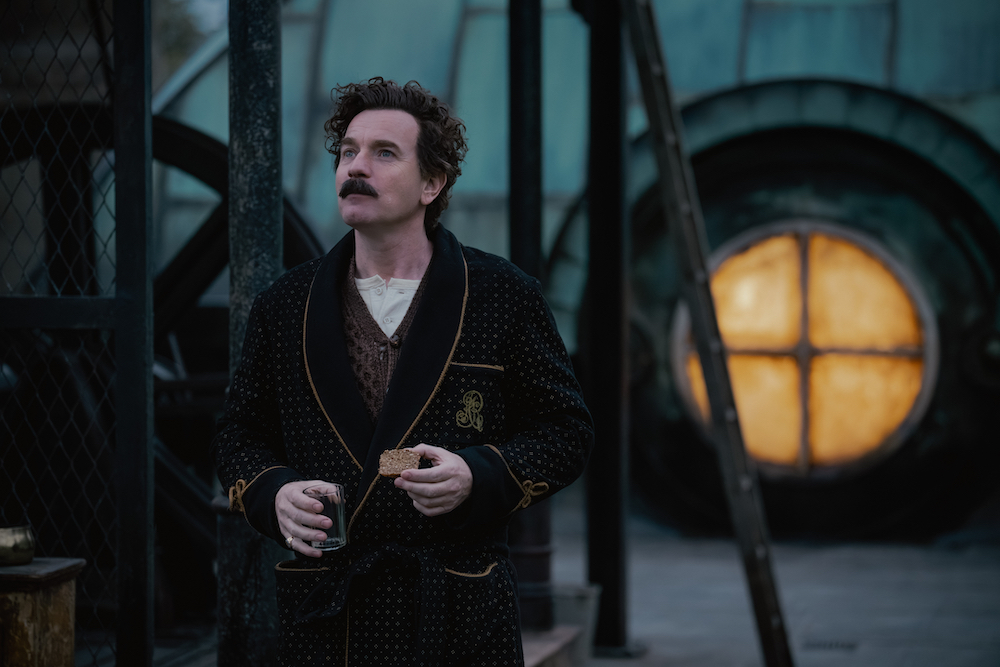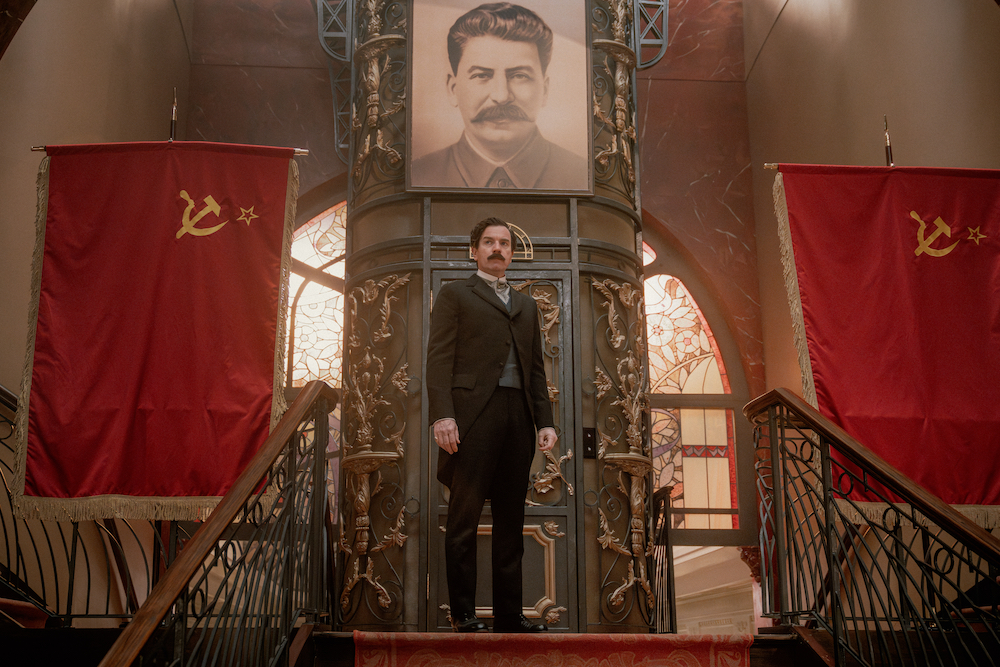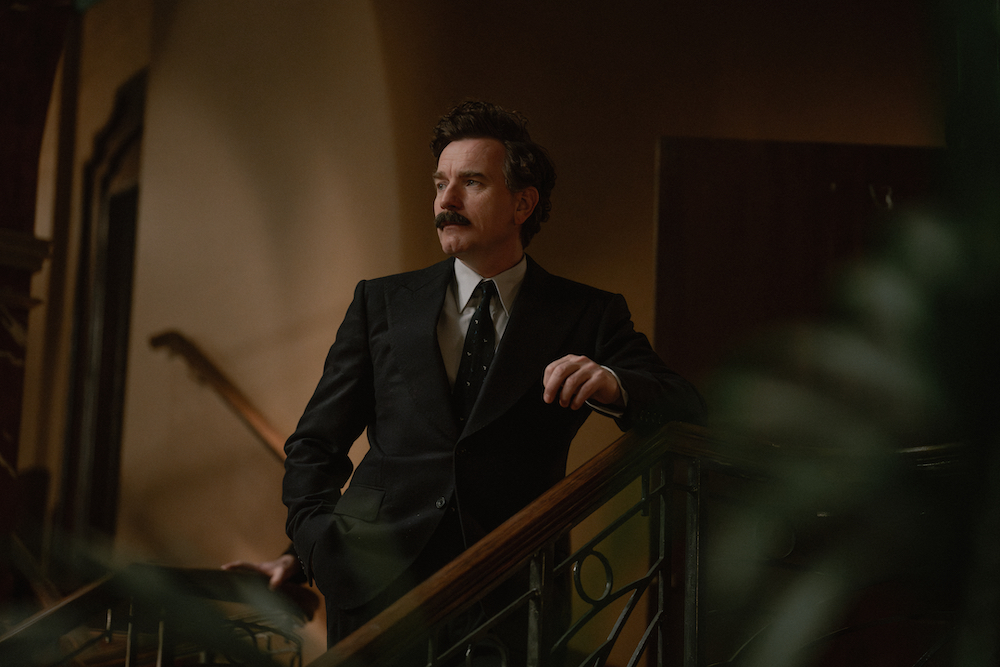Showtime’s ‘A Gentleman in Moscow’ transports the audience to the 1920s, when the Bolshevik Revolution rearranged the political and social scene of Russia. Count Alexander Ilyich Rostov, like the rest of the aristocrats in the country, finds himself sitting in front of the Bolshevik tribunal as they decide whether to kill him or let him live. Unlike his many unlucky friends, Rostov is allowed to live, but there is a condition: he cannot leave the building of his residence under any circumstances.
The show spans decades in telling Rostov’s story while Russia outside his hotel morphs into something completely different than he remembers. The historical setting of the story imparts many real-life events into it, which might make one question, how much truth is there in Rostov’s character? Is he also plucked from reality?
Count Alexander Ilyich Rostov is Entirely Fictional

‘A Gentleman in Moscow’ is based on the book of the same name by Amor Towles. It is a fictional story of fictional characters, though its Russian setting following the Bolshevik Revolution lends it some credibility when it comes to the details of history. Still, in creating his characters, particularly Alexander Rostov, the author did not look at any real-life figures.
The inspiration to write the story of a man stuck in a hotel for the rest of his life came to Towles from his own experiences. When he was 25, he started working in an investment firm. He was employed in the same line of career for twenty years, and because his work required him to travel around a lot, he often found himself staying in a hotel for a week or so. In 2009, he was on a business trip to Geneva and stayed in the same hotel he had been in the previous year. What fascinated him was the discovery that he wasn’t the only repeat guest at the hotel. There were several people whom he had seen there the previous year, and seeing them again made Towles feel as if they had never really left.
This sparked the idea of the story and the character of Count Rostov, as the author thought about the life of a man who lives in a hotel, with his situation being particularly dire because he is forced into it. As he started thinking about why a man would be forced to live in a hotel, the thought of a house arrest struck him, and it immediately made him think of Russia and the Bolshevik Revolution, which had thrown the royal family and the aristocracy of the country into a bind, as they were forced to leave their palaces and confined in one location until they met their eventual fates.

In creating the character of Rostov, the author kept in mind the Romanovs, who were stripped of their social standing as the royal family and were forced into house arrest at the Alexander Palace at Tsarskoye Selo before being executed by firing. While Alexander Rostov has a different fate, Towles mined the sentiment of the people at the time to create the atmosphere for Rostov’s story, which further gives ground for his character to evolve and change to keep up with the times, even if the world might seem to have come to a standstill inside the hotel. The setting of a house arrest also seemed to work pretty well for the plot as well as the context of its setting because it wasn’t just common during the revolution, but it is also pretty prevalent in some regimes even now.
Towles didn’t want his audience to find it difficult to grasp the idea of someone being confined in a hotel, and the historical setting allowed him the freedom to pursue the desired scenario. The author revealed he was interested in walking the fine line between fact and fiction in the historical setting. He wanted to give enough to the audience to get them to believe the credibility of the events happening in the story, but he also wanted to confuse them at times, making them question whether what they were reading was real or not, which includes Rostov’s character.
For actor Ewan McGregor, playing Rostov was the “role of a lifetime,” and he completely dedicated himself to the task, right to the point of growing a real mustache to get Rostov’s signature look instead of wearing a fake one. The actor also drew upon his own relationships with his daughters to find a footing shared by Rostov and Nina, which is an important part of the story. The actor, propelled by the great writing of Towles and of the show’s writing team, inhabits the character of Rostov with a sincerity that is hard not to appreciate. His impeccable performance breathes life into the character, making him seem real, even when Rostov is fictional.
Read More: Best Period Dramas on Hulu


You must be logged in to post a comment.